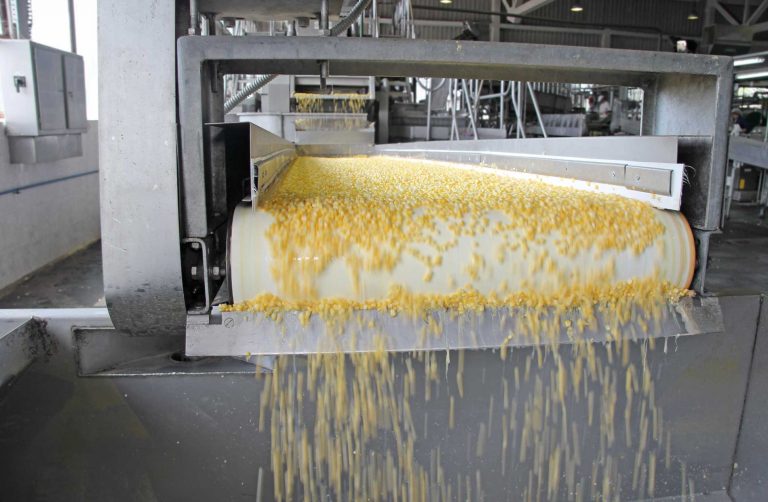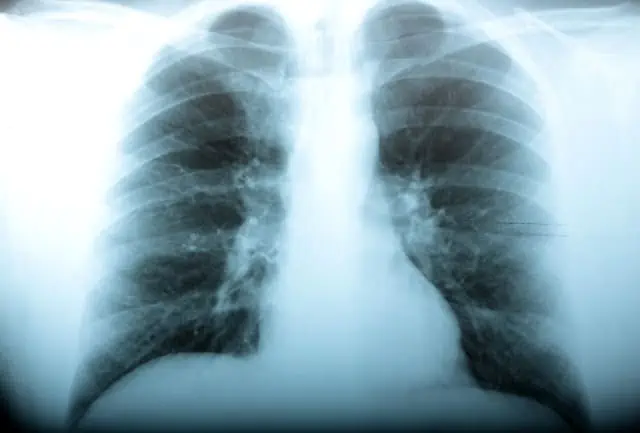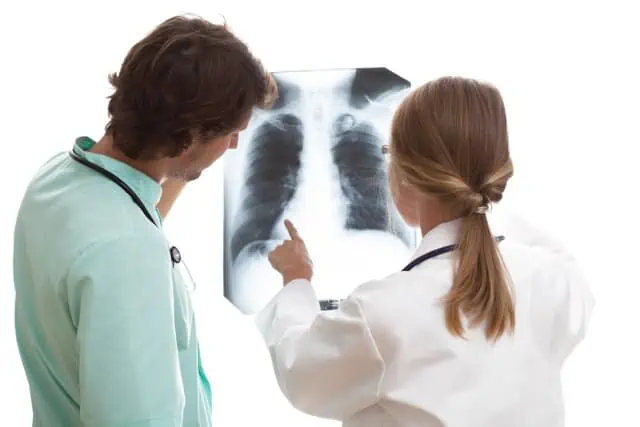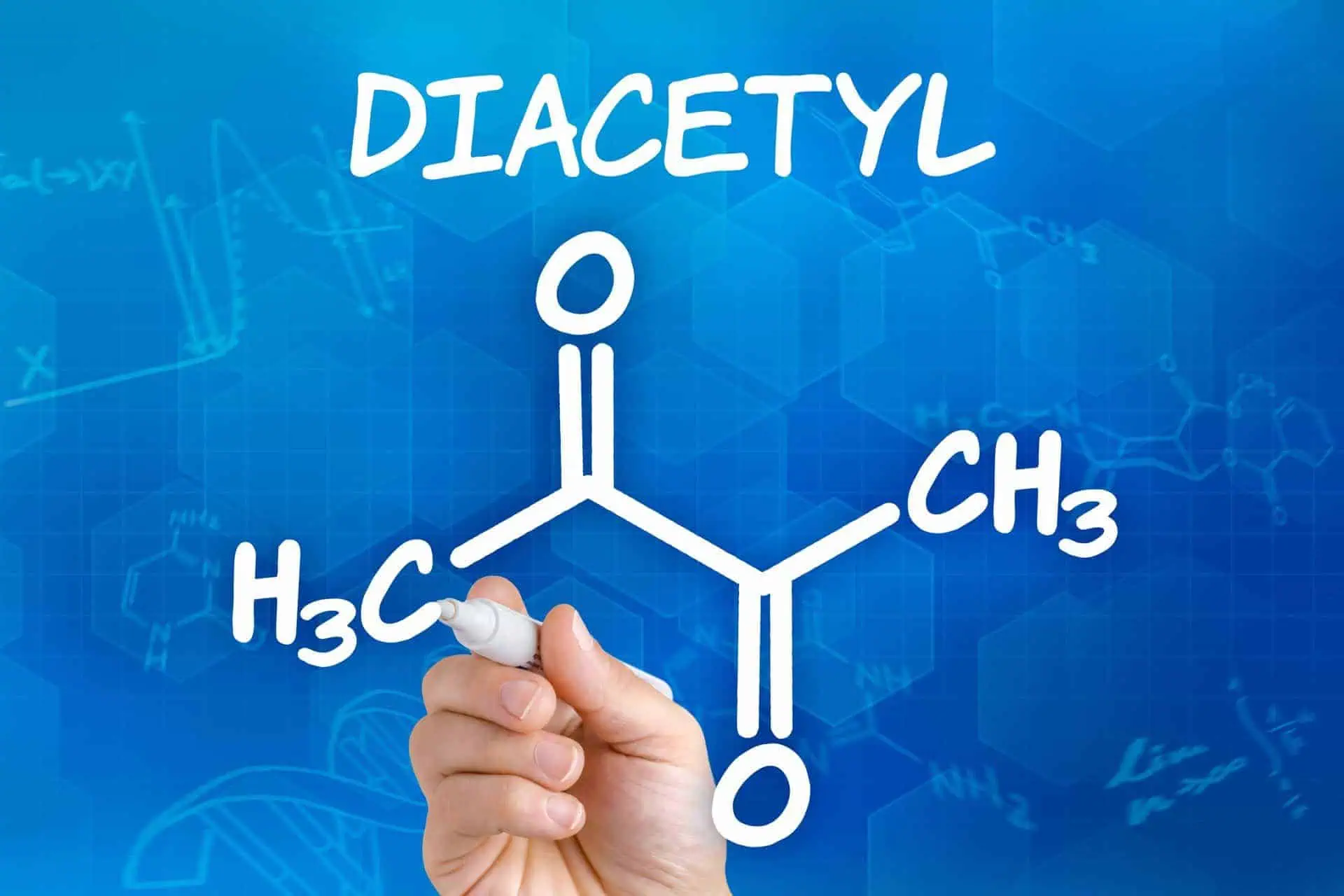Diacetyl is a hazardous chemical used in manufacturing facilities throughout the United States.
Diacetyl is a flavoring agent that is considered safe to eat but potentially hazardous when inhaled.
It is used to produce a variety of flavors in foods, particularly dairy flavors like butter and cheese, and brown flavors like caramel and butterscotch.
It is also one of the several chemicals used to flavor some of the 7,000 varieties of electronic nicotine delivery systems (ENDS) currently on the market.
Diacetyl occurs naturally in some foods, such as dairy products, beer, and wine.
Due to its potential for causing respiratory illness, diacetyl has been largely phased out of the artificial flavoring industry and replaced with acetyl propionyl (AP).
Although AP (like diacetyl) is approved for use in food, some researchers have raised questions about the potential toxicity of AP inhalation due to structural similarities between the two chemicals.
The Centers for Disease Control and Prevention (CDC) has expressed concern that AP and diacetyl could be equally toxic.




